Films
- Blue Frontier / Plava granica, 20
The man from the border has spent his entire life searching for the biggest fish that the blue Danube hides. Every sunrise sees the old fisherman attempt to lure the river giant in an ancient fishing way by clapping on the river surface with a hand-carved piece of wood. Two rivals – one on the surface of the water and the other concealed within the depths of the mighty river – are waiting to finally meet.
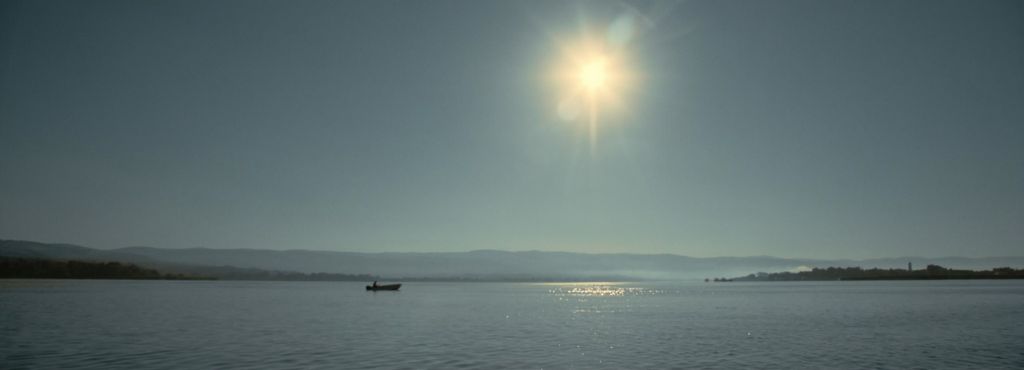
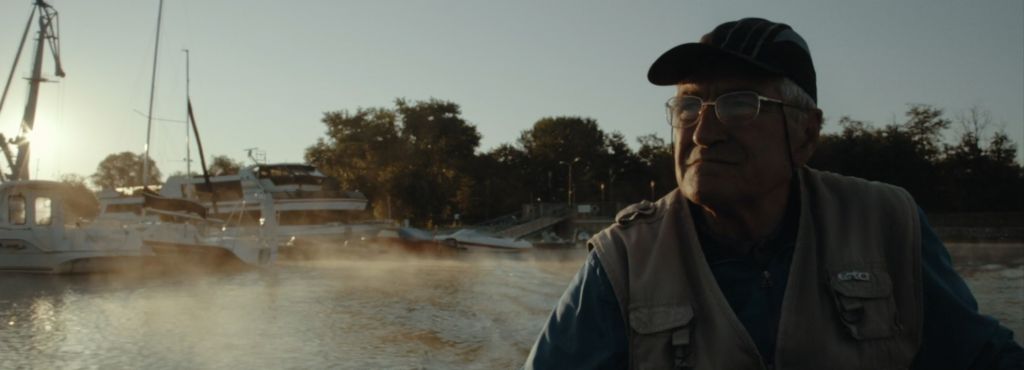
read more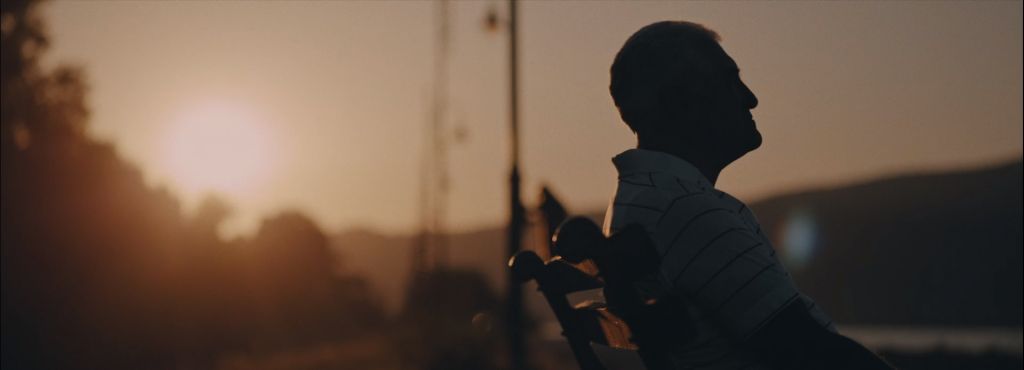
Authors:
- Dakhla: cinema and oblivion / Dajla: cine y olvido, 15
Life is going on in Dakhla, one of the Sahrawi refugee camps in southern Algeria, forgotten for 45 years. The celebration of a film festival, the FiSahara, breaks the monotony. The event ends, life (and oblivion) continues.
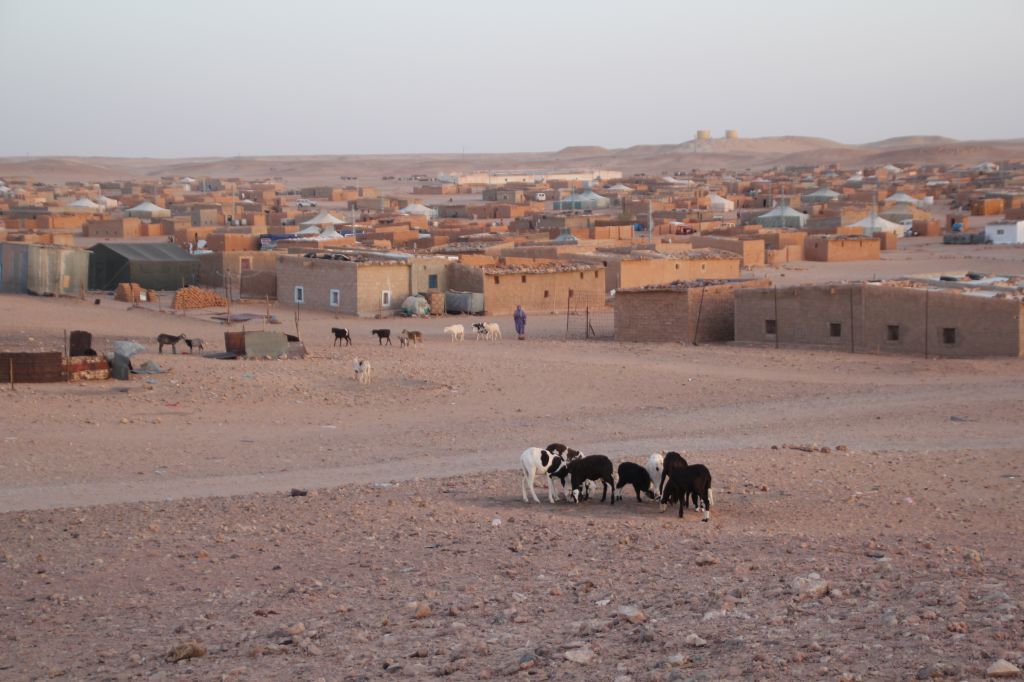

read more
Authors:
- Hotel Astoria, 25
Leipzig, GDR, 1986: The Hotel Astoria is a magical place. Business people, prostitutes, the elite of the Socialist Party and ordinary people meet here. But lobster and caviar are scarce – extravagance is also on ration. And the Stasi are always watching. The many truths from the everyday socialist life of a luxury hotel.
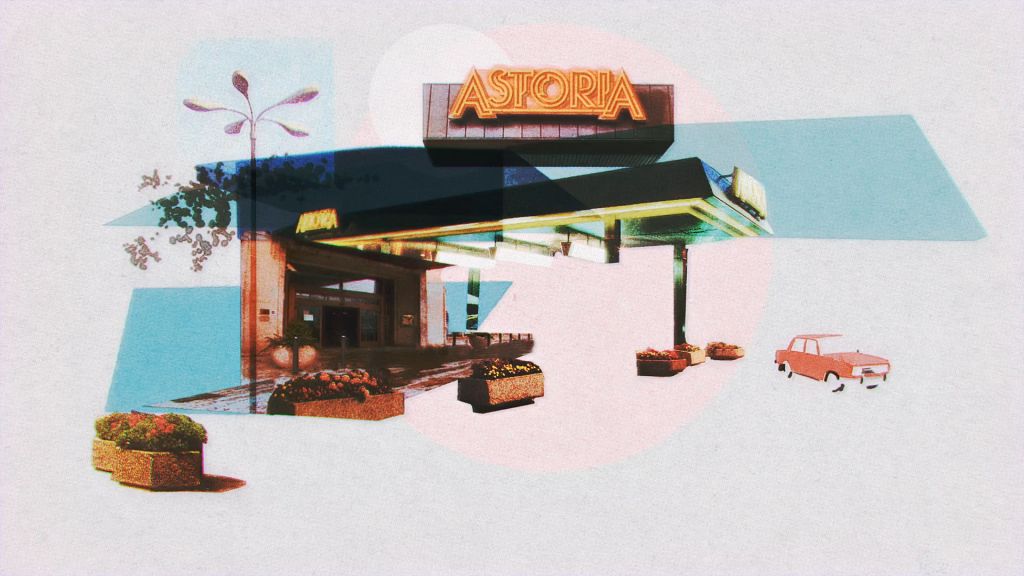

read more
Authors:
- Kafkaland, 6
In 1960, a young writer and a future film director trace Franz Kafka’s footsteps – in a village where he often visited his sister and wrote “The Castle.” They look for inspiration for a screenplay, but don’t have any success. Later, one of the two friends becomes a famous director in the USA and the other becomes a head of state. In 2019, another film team makes a journey to the same village.
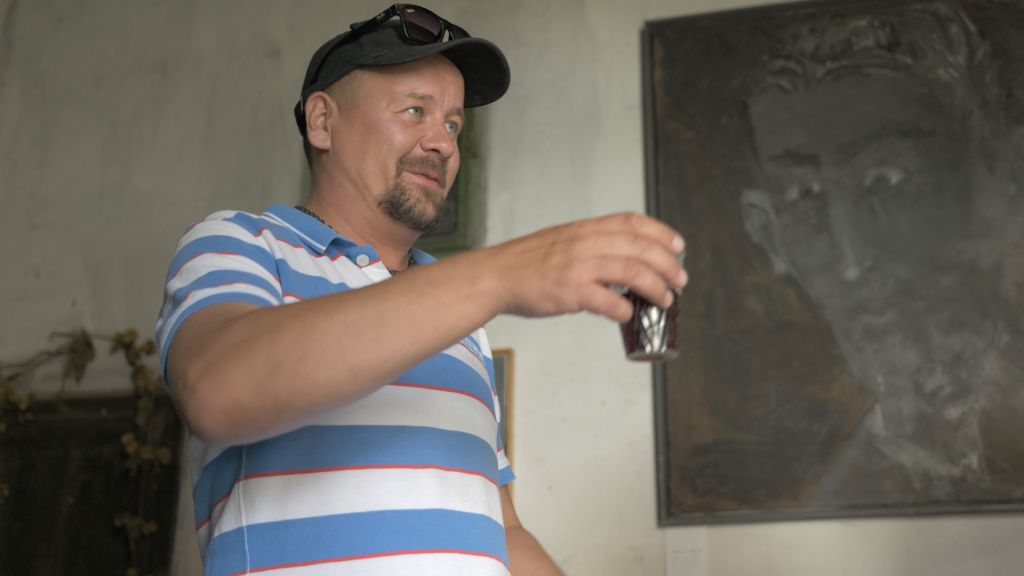
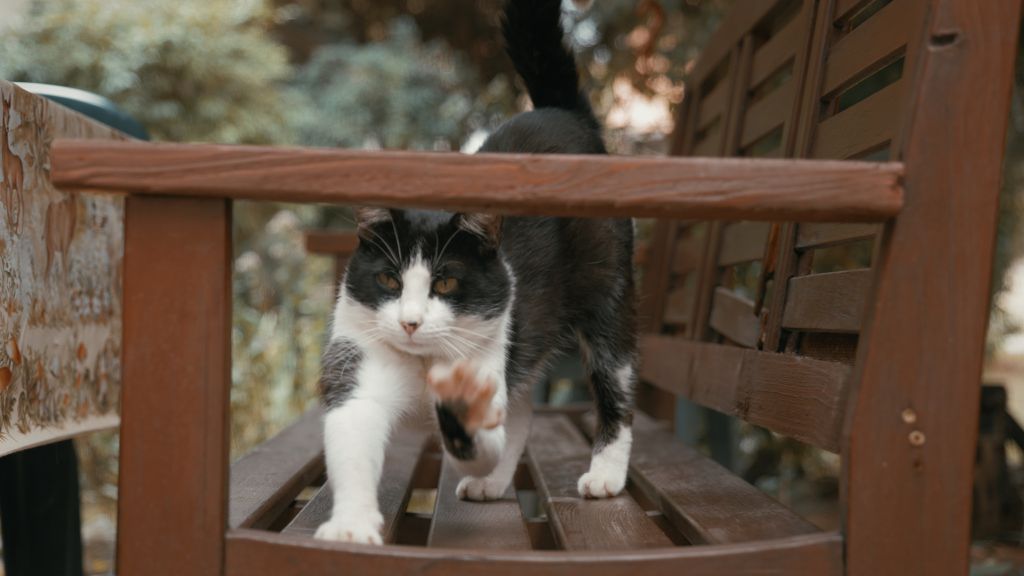
read more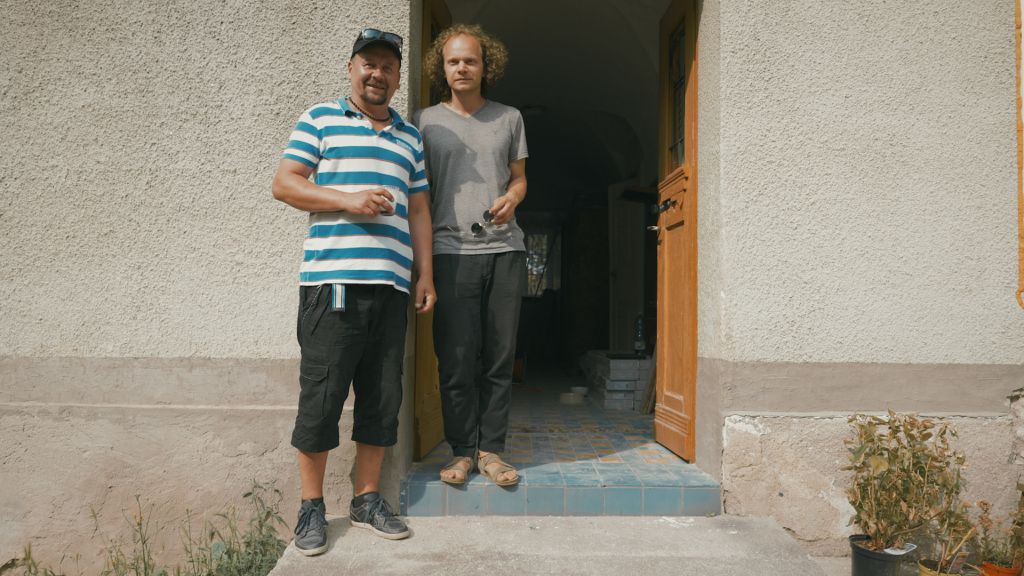
Authors:
- The Fear / Wielki Strach, 28
The film tells the story of the communal memory of killings that took place after World War II in the Dębrzyna forest in south-east Poland. It was a time when many people were returning from far-flung corners of the world. They had no idea that they might become victims of the attacks being perpetrated by the marauding bandits who had overrun the area. The returnees were hurled from trains, robbed and murdered. It was as if they had joined the numbers of those killed during the war. The residents of the nearby villages knew what was going on in the forest, but they never intervened because, as they themselves say, they were “living in fear.”
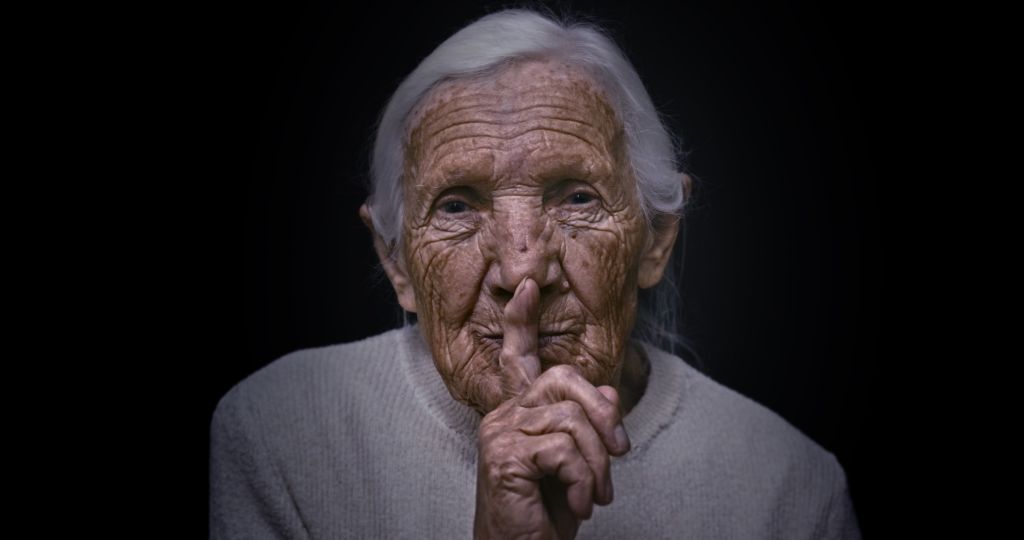

read more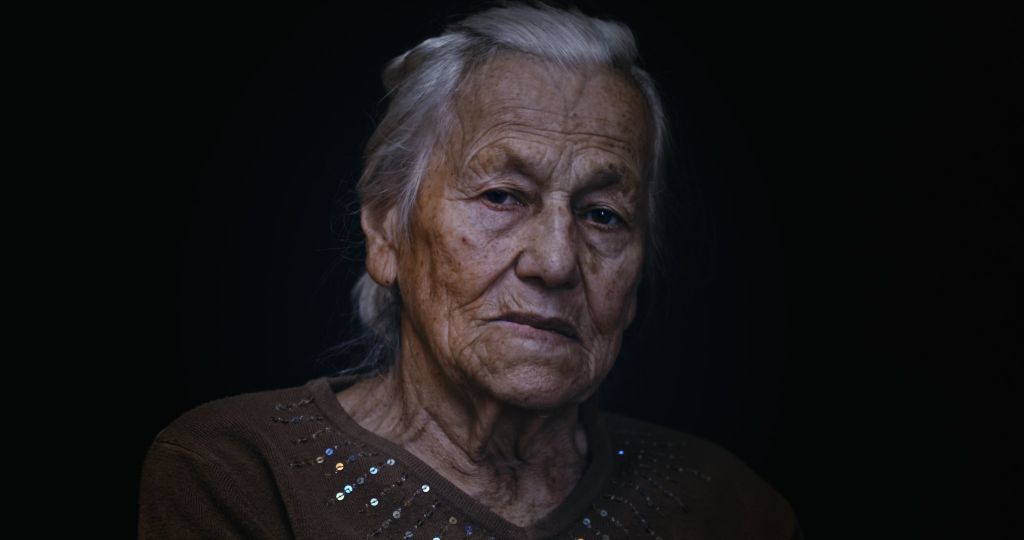
Authors:














